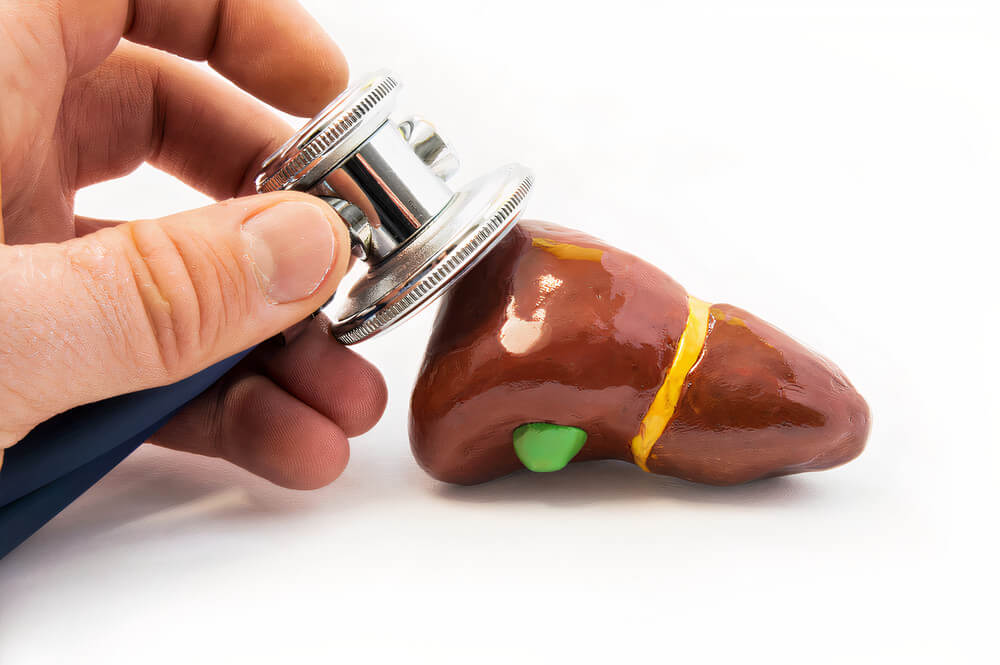Diagnosis

Diagnosing viral hepatitis (B and C) is a little tricky. As it is asymptomatic in the early (acute) stage. After the onset of symptoms, the doctor recommends an array of lab tests to confirm the diagnosis:
A) Blood Tests
CBC
A complete blood profile is usually required to check for levels of blood cells.
Liver Function Tests
LFTS are a necessity to check for the performance of the liver. Alanine transaminase (ALT) enzyme in the liver is indicative of hepatic disturbance. Undulations in the levels of ALT are seen in hepatitis C patients. However, the levels can be normal for hepatitis C patients.
Anti-HCV (Hepatitis C Antibody Test)
A laboratory test diagnoses HCV. First, an antibody test is performed as an HCV antibody test is performed. Then, the blood of the patient is withdrawn and checked for HCV antibodies. The antibody is a protein released into the bloodstream after exposure to the virus. These protein levels rise 7 to 8 weeks after infection.
The presence of a high level of anti HCV antibodies confirms the infection.
HCV RNA
Once the person is tested positive for anti-HCV, another test confirms chronic infection. In this test, HCV ribonucleic acid (RNA) levels are checked. These levels show the amount of viral genetic material in the body.
B) Liver Biopsy
A fair chance is if a person is diagnosed with chronic infection, liver damage, or cirrhosis. In this case, a liver biopsy is performed to check the extent of liver damage.


